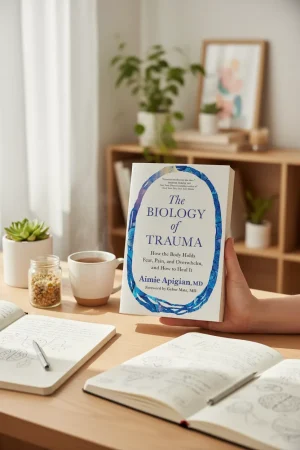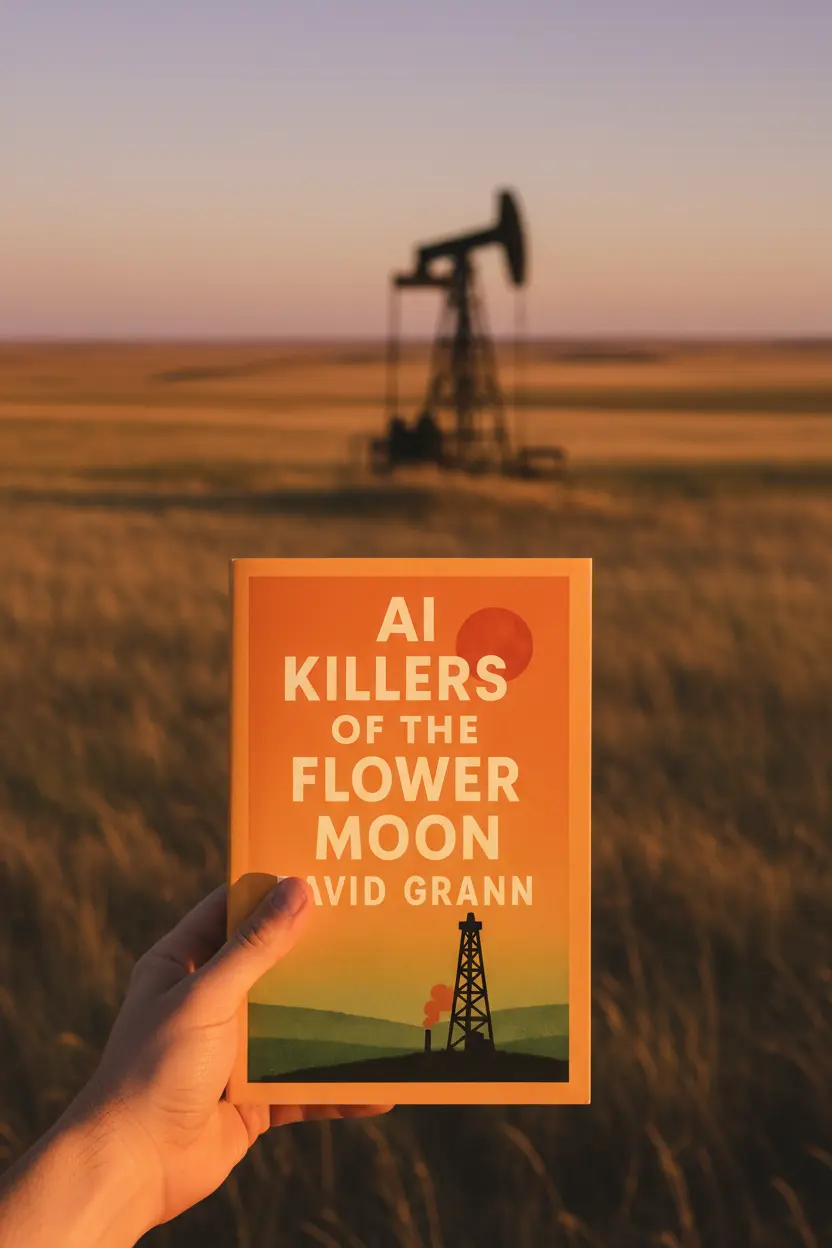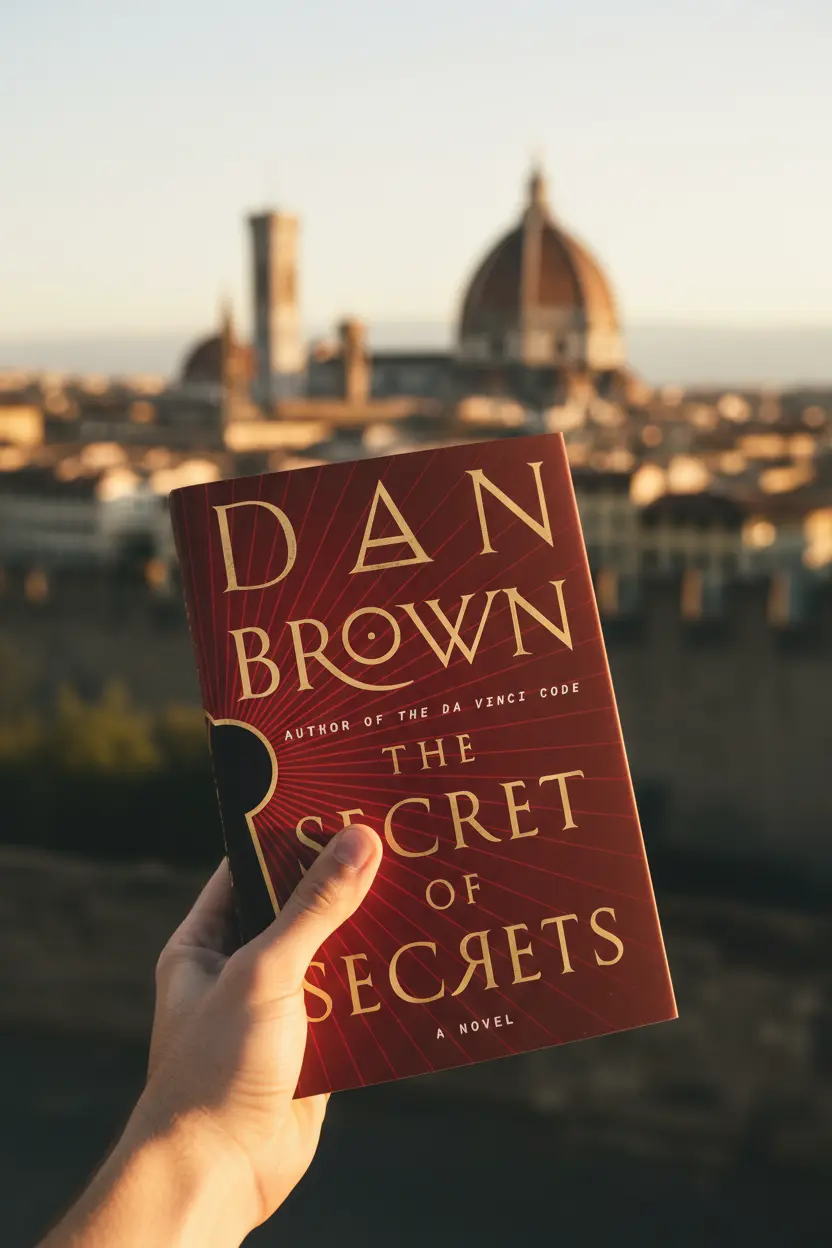
Ultimate Airbnb Tour de France 2025 Guide – Best Stays & Cities
The Airbnb Tour de France search trend is rising fast, and for good reason. The 2025 Tour de France will begin in Lille and end
SHARE THIS POST

Author: Dr. Aimie Apigian, MD (Foreword by Dr. Gabor Maté)
Genres: Psychology, Neuroscience, Trauma Recovery, Health
Publication Date: September 23, 2025
Publisher: HarperOne
Pages: 352 (Hardcover)
ISBN: 9780063394904
Star Rating: ★★★★☆ (4.3/5)
Estimated Reading Time: 3 minutes
The Biology of Trauma dives into how traumatic experiences imprint themselves onto the nervous system and body. This the biology of trauma book review explores Aimie Apigian’s science-backed approach to understanding how fear, pain, and overwhelm manifest physically, and what it takes to heal beyond talk therapy. With a foreword from trauma expert Dr. Gabor Maté, the book combines neuroscience, somatic practices, and medical insight.
Apigian explains that trauma is less about the external event and more about the body’s biological response. The book unpacks how the autonomic nervous system becomes dysregulated, how survival responses like freeze or shutdown persist, and how unresolved trauma leads to chronic illness, anxiety, or emotional dysregulation. She then introduces practical healing strategies—breathwork, body awareness, nutritional support, and somatic exercises—to retrain the nervous system.
The prose blends scientific clarity with accessibility. Apigian uses patient case studies, diagrams, and step-by-step tools to translate complex neurobiology into understandable lessons. The tone is compassionate, reflecting her dual background as a physician and trauma recovery coach.
Strengths: blends science with practical tools, empathetic tone, bridges medical and somatic approaches.
Weaknesses: some tools may feel generalized; scientific sections may be simplified for specialists; not a replacement for therapy.
On Goodreads, readers praise its accessibility and real-world tools, especially for those who felt talk therapy alone was insufficient. Amazon reviewers highlight the exercises and body-based focus as life-changing, though some caution it requires commitment to practice.
Publishers Weekly calls it “an essential bridge between science and somatic healing.” Kirkus Reviews notes the clarity in explaining trauma biology, while The Guardian frames it as part of a growing movement integrating body-based therapies with traditional psychology.
This book is ideal for trauma survivors seeking science-backed tools, therapists integrating somatic methods, and health professionals exploring the mind-body connection. Less suited for readers seeking a purely narrative memoir or academic textbook.
Dr. Aimie Apigian is a physician specializing in trauma, attachment, and addiction recovery. She has developed frameworks combining medical science with somatic therapy. Dr. Gabor Maté, who writes the foreword, is internationally recognized for his work on trauma, addiction, and mind-body health.
The Biology of Trauma is a vital contribution to trauma literature, connecting science and healing practices with compassion and clarity. Apigian offers both knowledge and empowerment, showing that recovery is not only possible but deeply biological. Final Rating: ★★★★☆ (4.3/5)
For more on trauma and healing, see Publishers Weekly, Kirkus Reviews, and The Guardian Books.
For more health and healing insights, explore The Signs, The Biblio Diet, and keep track of your readings with our Reading Tracker.
Subscribe for unbiased reviews and easy-to-use tools that help you choose and track your next read.
SHARE THIS POST

The Airbnb Tour de France search trend is rising fast, and for good reason. The 2025 Tour de France will begin in Lille and end

Killer Of The Flower Moon Book Review This Killer Of The Flower Moon Book Review looks at David Grann’s bestselling nonfiction book that exposes one

The Secret of Secrets Book Review | Dan Brown’s Robert Langdon Returns Author: Dan BrownGenres: Thriller, Mystery, Speculative FictionPublication Date: September 9, 2025Publisher: DoubledayPages: 688
Subscribe for unbiased reviews and easy-to-use tools that help you choose and track your next read.